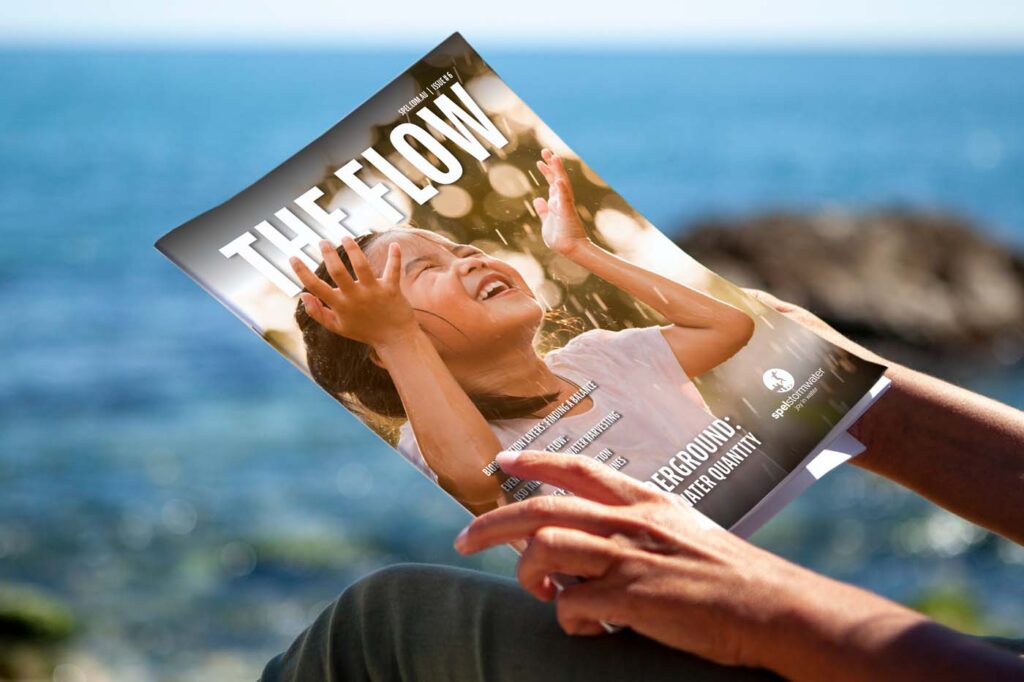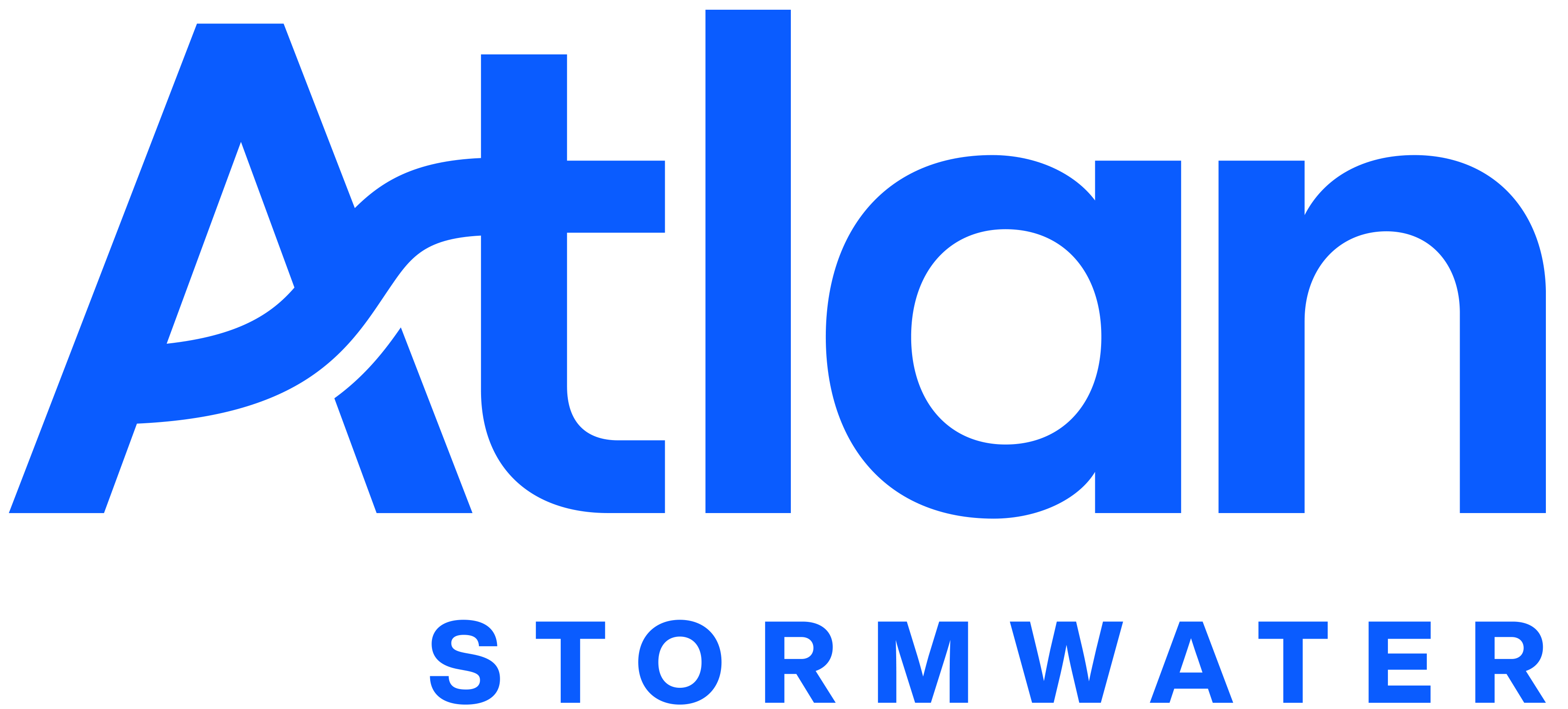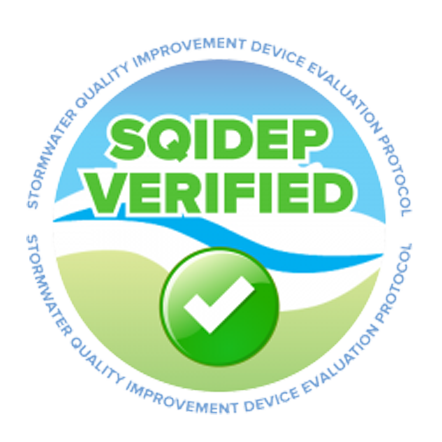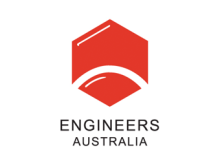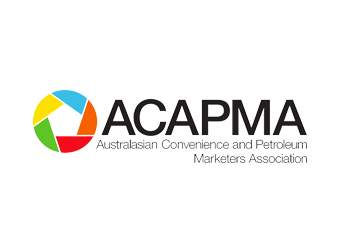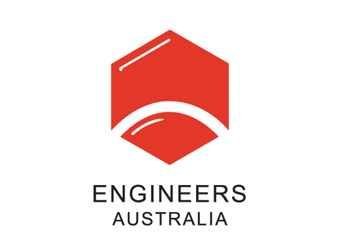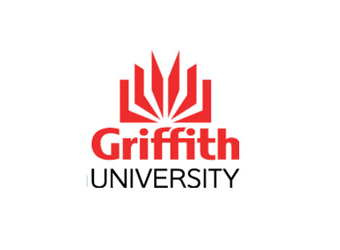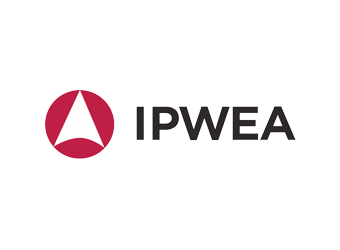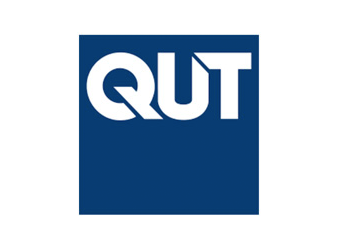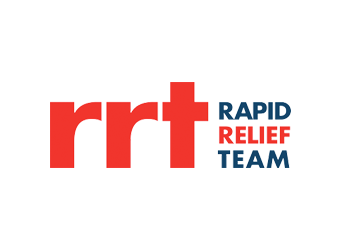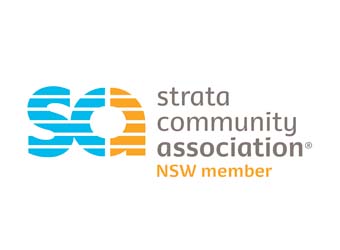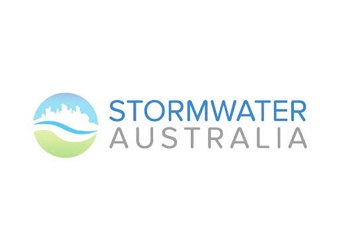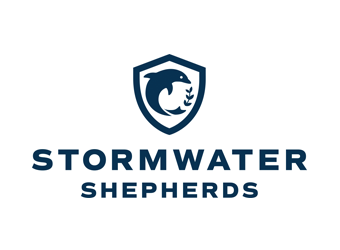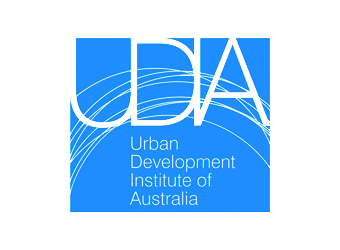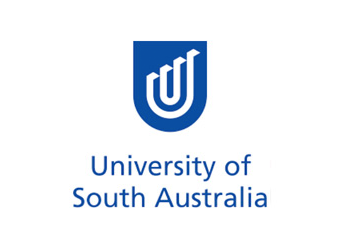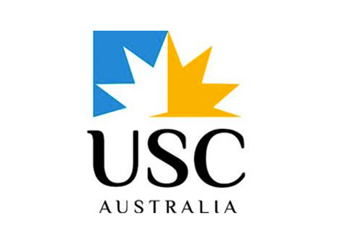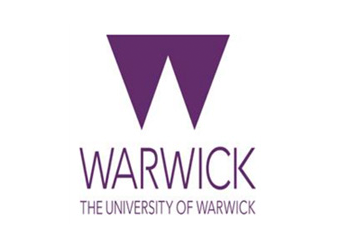The world’s plastic production is increasing – and plastics persist and accumulate in our biosphere with disastrous outcomes for our environment.
Globally, over 8 million tonnes of plastic pollution reach the world’s waterways and oceans each year, and Australia contributes 130,000 tonnes to this global figure. With long lifecycles and low biodegradability, plastic tends to accumulate, and the ecological impacts of our growing plastic economy are enormous.
International Plastic Pollution & The GPGP
The world’s plastic production is increasing – and plastics persist and accumulate in our biosphere with disastrous outcomes for our environment.
Globally, over 8 million tonnes of plastic pollution reach the world’s waterways and oceans each year, and Australia contributes 130,000 tonnes to this global figure. With long lifecycles and low biodegradability, plastic tends to accumulate, and the ecological impacts of our growing plastic economy are enormous.
Local Impacts: Australian Ecosystems Under Threat
The Australian coastline regularly feels the impacts of overseas plastic production. Recent reports show the inundation of the Northern Territory coastline by plastic debris of international origin.
Each year, ‘lighters, thongs, scooter helmets, medical syringes, and toothbrushes’ (ABC News) are part of the hundreds of cubic metres cleared from our coasts by indigenous rangers in the top end. Much of it originates from international neighbours, namely China, Indonesia & Thailand.
Our environment simultaneously faces the impacts of our local plastic use. Australian adventurer Beau Miles’ recent video ‘Kayaking the Sickest Urban River in Australia’ shows this first-hand.
On his journey, Miles navigates Sydney’s Cooks River and its corridors of wastewater, sewerage and rubbish. The result is a twenty-three kilometre voyage that winds through the treacherous waterway, offering direct insight into the riverine impacts of our urban pollution.
To combat these outcomes, pollution removal and stormwater management are changing. Gross Pollutant Traps (GPTs) are increasingly installed in urban catchments, which capture plastic pollution at the source.
SPEL provides high-performance GPTs, and these generational assets screen stormwater conveyed from our catchments before it reaches our river systems. They remove a wide array of pollutants – including plastic debris, bottles and packaging.
Reducing plastic pollution takes many policies and tiers of engagement, from international awareness to better utility funding and sustainable infrastructure.
Grassroots involvement and direct action are key elements of restoring our environment, and the combined efforts of volunteers, not-for-profits and community groups. SPEL is proud to support Stormwater Shepherds’ local clean-ups and advocacy for stormwater treatment – and events like the Petrie Creek Clean-Up & Plastic Free July.
